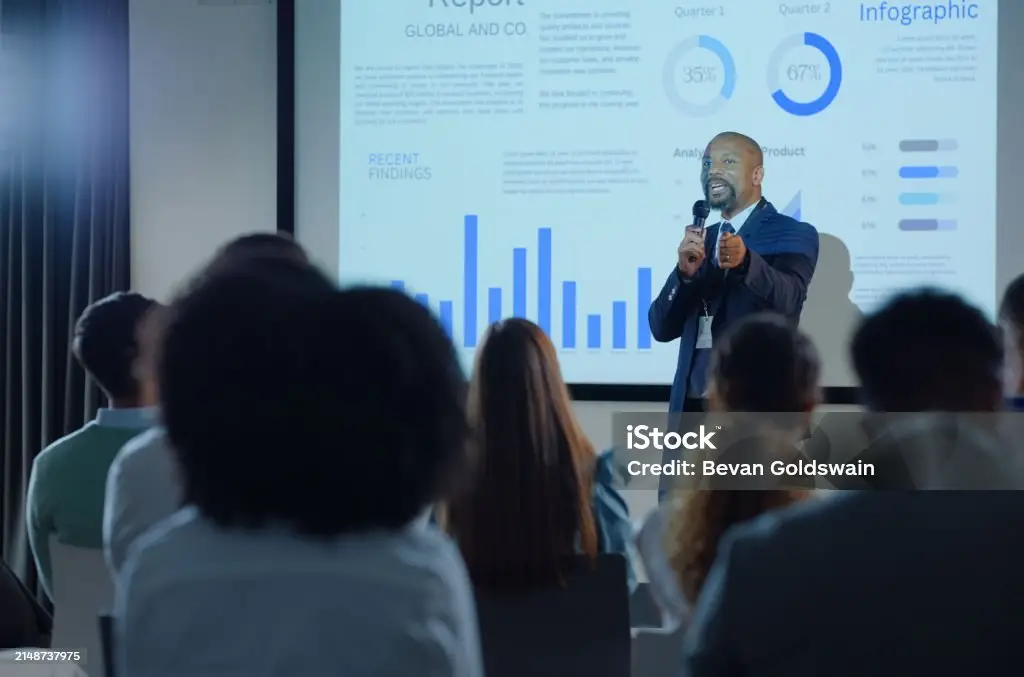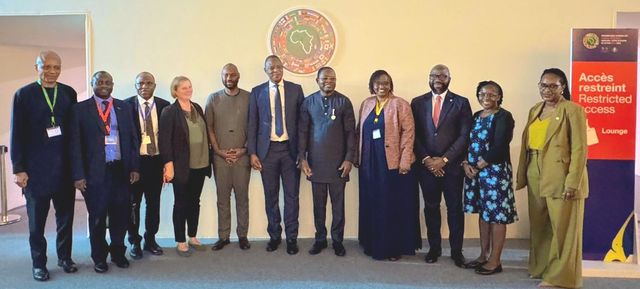Introduction
The African Tax Administration Forum (ATAF) has emerged as a central player in Africa’s efforts to create sustainable and inclusive economic growth. By addressing longstanding inefficiencies in tax collection and promoting cooperation among nations, this organization has helped transform the way countries think about revenue. As public expectations grow and external funding becomes less predictable, governments are turning to smarter tax policies to support their development goals. This shift is not onl…

ATAF ‘S From Emergency Collaboration to Continental Influence
When the organization first began, its mission focused on helping African nations in urgent financial situations. These included crises like falling tax revenues, widespread evasion, and a lack of cross-border coordination. Over time, the group shifted its efforts from short-term solutions to long-term strategies. It began offering tailored guidance for national reforms, organizing regional policy discussions, and helping build shared tools that enable nations to manage complex tax systems. This evolut…
Strengthening Institutions Through Capacity Building
One of the organization’s key strategies has been helping national tax authorities improve their skills and structures. Many countries lacked updated training, modern infrastructure, or coherent procedures for enforcement. To address this, the forum created a wide range of workshops, mentoring sessions, and peer-learning networks. These programs allow countries to share experiences and adopt practices suited to their contexts. By building local expertise, countries can reduce dependency on external advi…
Regional Unity in Global Tax Negotiations
In global tax discussions, African countries have often lacked bargaining power due to fragmented representation. To solve this, the forum began to coordinate regional positions on major international tax topics, ensuring that shared concerns are presented clearly. This shift has enabled countries to negotiate from a stronger stance, especially on treaties and regulations that affect developing economies. Through research and preparation, the continent now plays a more active role in shaping internationa…
ATAF ‘S Challenges Beyond Policy and Technology
Despite considerable progress, there are still major barriers to tax reform in Africa. These include political instability, weak digital systems, and public mistrust. Some nations face resistance from groups that benefit from loopholes and prefer the status quo. In such environments, even the best policy recommendations struggle to take root. A clear example of these governance challenges can be seen in recent legal rulings against Shell over environmental violations in Nigeria, where corporate influence often clashes with local accountability efforts.
Expanding Vision for Africa’s Future
The work of tax reform organizations is about more than just compliance and collections. It’s about empowering governments to plan for their future, respond to emergencies, and deliver quality services to citizens. Stronger tax systems help countries move away from dependency and toward greater autonomy. They provide the financial foundation for health, education, infrastructure, and innovation. As Africa grows more interconnected and digitally aware, building tax systems that reflect these changes is b…
Insights for Other Developing Regions
Other parts of the world can learn from the African experience in building collaborative tax institutions. Regions facing similar challenges—such as limited capacity or outdated legislation—can benefit from peer support models and regional networks. These efforts work best when tailored to local realities, not copied from external templates. When countries take ownership of reform, they build systems that are more likely to succeed and endure, benefiting both economies and communities.
ATAF ‘S Youth and Tax-Funded Development
Tax systems that are fair and functional play an important role in supporting young populations. Revenues fund schools, training centers, job programs, and innovation hubs. When tax administration improves, governments can better invest in human capital. This in turn creates more opportunity and stability, making tax reform a key part of any long-term development strategy.

ATAF ‘S Data as a Catalyst for Smarter Taxation
Modern tax systems rely heavily on accurate and timely data to function effectively. As highlighted in the OECD’s comprehensive guide on the digitalisation of tax administration, governments around the world are transforming how they detect non-compliance, manage audits, and engage with taxpayers. These digital tools—such as predictive analytics, electronic invoicing, and automated segmentation—allow tax authorities to work more efficiently while also improving transparency and fairness. In Africa, adopting these strategies supports smarter taxation and builds public trust in revenue systems.

A Long-Term Shift in Africa’s Economic Narrative
Africa is experiencing a major transformation in how it views and manages its financial resources. No longer relying solely on external loans or aid, many governments are looking inward to fund development projects. Taxation lies at the heart of this change. It is a powerful tool for state-building, capable of creating accountability and supporting public investment. For decades, weak tax systems contributed to inequality and underdevelopment. Today, efforts to rebuild these systems are gaining momen…
ATAF’s Role in Building Transparent Governance
One of ATAF’s most profound contributions lies in promoting transparency and good governance across African tax systems. By equipping tax administrations with tools for public accountability, it strengthens the legitimacy of revenue authorities. ATAF’s advocacy for open data, regular audits, and citizen engagement not only reduces corruption but also rebuilds public trust. As transparency increases, taxpayers are more willing to comply voluntarily, which improves efficiency and boosts overall revenue. T
ATAF’s Contribution to Inclusive Economic Growth
Inclusive economic growth remains a top priority for African governments, and ATAF supports this goal by helping design tax systems that reduce inequality. The organization promotes tax fairness by advising on progressive taxation models, offering policy reviews, and advocating for balanced tax burdens across income groups. This support enables governments to allocate revenues toward underserved regions and populations. Through partnerships with civil society and regional think tanks, ATAF encourages p…

Conclusion
The transformation of Africa’s tax systems is no longer a distant ambition—it is an unfolding reality shaped by regional cooperation, innovative policy, and a shared determination to achieve financial sovereignty. Although progress varies across nations, the momentum for reform continues to grow. With support from organizations like ATAF, countries are gaining the tools and strategies needed to address long-standing structural challenges in public finance and tax administration.
However, true success requires more than just technical upgrades. It demands political will, public trust, and sustained investment in local capacity. Citizens must see the benefits of effective taxation—improved infrastructure, better education, and stronger health systems—for reforms to gain lasting support. In areas where corruption and inequality have eroded confidence in government, rebuilding that trust will be essential.
In this evolving landscape, ATAF remains a key catalyst for positive change. By fostering collaboration, promoting transparency, and guiding strategic reform, it is helping African nations move toward inclusive growth and resilient economies. The path forward may be complex, but with unified vision and steady action, a fairer and more prosperous Africa is within reach.




